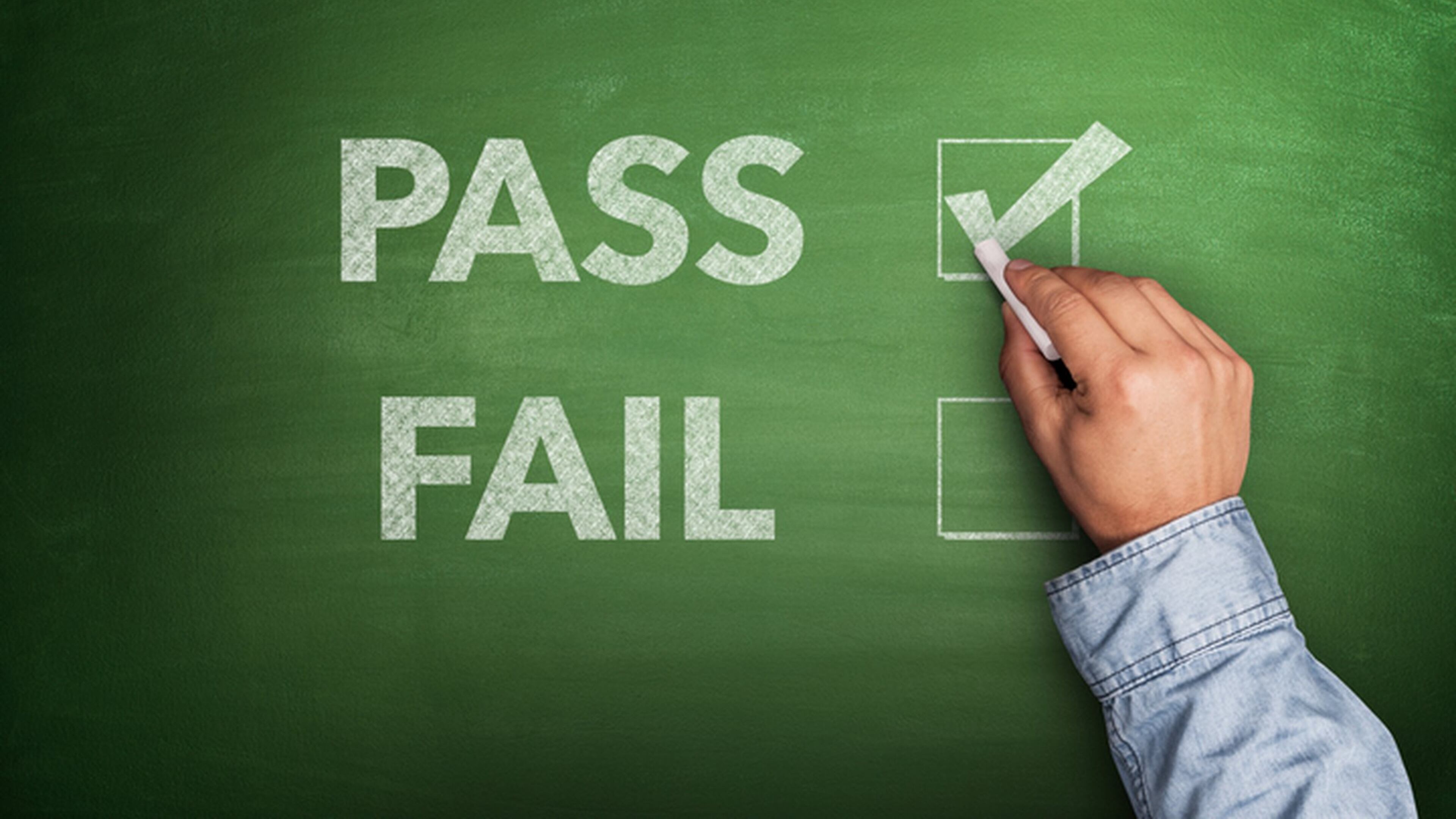OPINION: Critics say University System not bending enough in online grading

In rejecting a pass/fail option amid the coronavirus crisis, the University System of Georgia is not earning high marks. Critics contend USG is making a bad situation worse at its 26 closed campuses, citing the plight of students who did not return home from shuttered classrooms to reliable internet, their own rooms or stable family situations conducive to learning.
"USG's exhortation that students rely on their resilience to perform academically makes it clear that USG either disregards its students' very real struggles to meet their basic needs or has a weak understanding of the situation we are in," said Tina Fernandez, the CEO of Achieve Atlanta, which works to ensure that more Atlanta students go to college and earn a degree.
“The COVID-19 pandemic has pulled back the curtain on a sobering reality: Many college students struggle to make it through every week and are just one unexpected event – minor or major – away from not being able to complete college. COVID-19 has magnified the gaps between low-income students and those from higher-income economic backgrounds. It also magnifies the system’s inadequacy in bridging these gaps,” said Fernandez.
An issue is whether students are getting the same level of instruction, support or resources since all classes went online this week. USG notes it has been offering online classes for decades. While it is true that thousands of students at Georgia’s public colleges take online courses, they chose digital learning and had the necessary technology and bandwidth. And those online classes were developed over time, not hastily assembled in two weeks.
“Designing and instructing an effective online course requires time and mastery of a number of teaching techniques and tools not normally used in regular teaching at a university or grade school level,” said Georgia education professor Bryan Sorahan. “I’ve been teaching online for more than a decade, and I’m still learning, partly because the type of teaching is quite different from in-person instruction and partly because the technology constantly changes and develops.
“Designing a truly effective online course takes weeks or even months to accomplish, even for experienced instructors. Our university requires a training course lasting a full term for new online instructors as well as constant refresher training. Unavoidably, the pandemic has caused many teachers, no doubt talented and dedicated ones, to master very different skills and techniques in essentially no time at all. I suspect that many instructors, like myself, never took an online course as students,” he said. “That steepens the learning curve for online instruction, too. The burden on the students is exacerbated by the fact that so many instructors are for unavoidable reasons going back to being novices at teaching their subjects.”
Today, student engagement is deemed vital for effective courses. “While it is certainly possible to build student engagement into online courses, learning to do so doesn’t happen in a matter of 7 to 10 days for the professor,” said Sorahan. “Many students are being forced into a learning medium that is unfamiliar and possibly inappropriate to their needs. That alone should argue for a far more flexible attitude about grading than state universities seem to be taking.”



